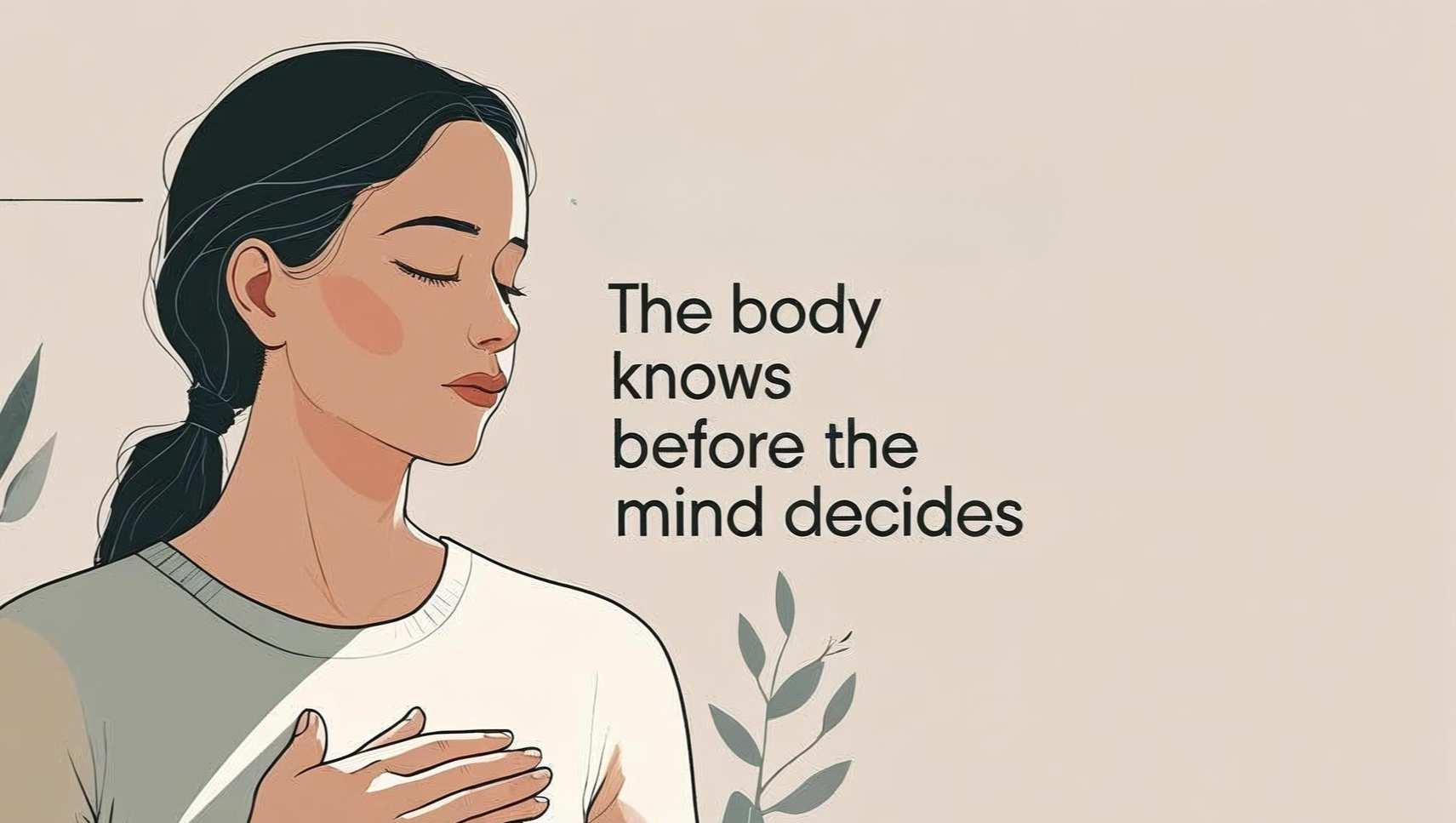
🕊 Are You a Lark, a Night Owl… or Something in Between?
Some people bloom with the sunrise — they’re the natural early risers, the ones whose energy peaks before noon. Others find their rhythm under moonlight, with creativity or calm arriving just as the rest of the world slows down. These patterns, called chronotypes, are largely biological — shaped by genetics and light exposure.
But recent research is shifting what we know about how these patterns affect health.
A 2025 study of more than 73,000 adults found that people who went to bed and woke earlier — even if their natural tendency leaned later — had lower risk of diabetes, hypertension, obesity, metabolic syndrome, digestive disorders, and even cancer. Late sleepers, regardless of preference, showed higher risk across nearly every marker of physical health.
The study’s authors concluded that “the importance of going to sleep early, regardless of preference, cannot be overstated.”
We’ve long known that late nights impact mental health — increasing risk for depression and anxiety. But this new data shows the effects are deeper, touching every system of the body.
So, what happens when someone wants to shift earlier but can’t?

The First 15 Minutes That Change Everything
Reset your energy, digestion, and mood with one simple 15-minute morning ritual. Learn how lemon water, sunlight, and mindful gratitude align your circadian rhythm, boost serotonin, and promote restorative sleep — naturally.

Resting Into Renewal: Reclaiming The Seasons For Stillness
Resting Into Renewal: Reclaiming January as a Season of Stillness
We’ve been told January is for change—resolutions, new routines, bold plans for the future.
But nature tells a different story.
Look outside in January: the trees are bare, the ground is still, life is resting. Nothing is rushing to grow.

Beyond Manicures and Massages: The True Meaning of Self-Care
“Self-interest” has become an accusation.
A shadow.
Something negative.
And yet I can’t help but wonder:
What is left without self?


